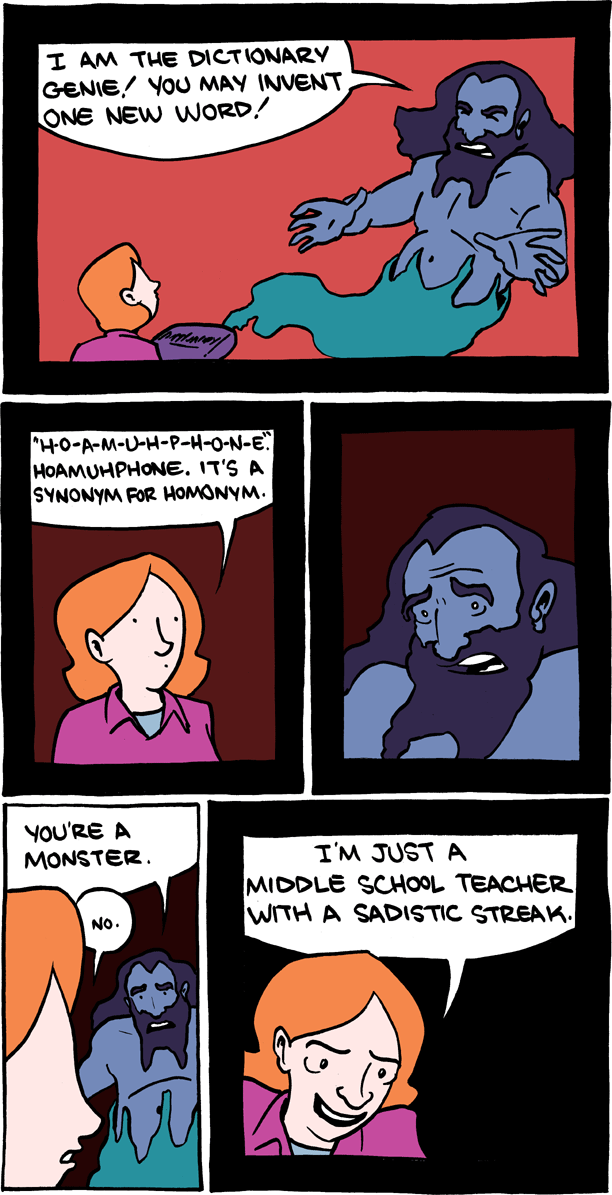When people ask me what I write, I say contemporary young adult fiction. It’s a way to differentiate from paranormal YA or sci-fi or dystopian. But what is contemporary?
At Stacked, Kelly takes a look at what makes a book contemporary. How far back can you go before it stops being contemporary and starts being historical?
“But if we’re talking about YA fiction, we have to consider that today’s 16-year-old was born in 1996. Today’s 12-year-old was born in 2000. Today’s teenagers did not grow up knowing Buffy the Vampire Slayer and most of them don’t have a clue who, say, Veronica Mars is. That’s not to say none of them do — they just didn’t grow up with these references. Many are finding them now and many are loving them, but it’s not part of their cultural knowledge.”
Ouch. My Buffy-loving-heart can’t take that. But I certainly feel this when I need to make certain cultural references. By the time a book is published, celebrities can seem old and tv shows can be cancelled. How can contemporary stay relevant when the cultural landscape changes so quickly?
My writerly answer to that is to avoid as many specific cultural details as possible. I casually mention cell phones and social media, but I try to stay away from really specific references if I can. And even then, I’m sure teens of the future will find references to cell phone hilarious as they fly around on their jet packs and psychically talk to holograms. I think books that avoid a lot of specific cultural/generational touchstones have a greater chance of feeling contemporary years after they’ve been published.
But that doesn’t necessarily mean it is contemporary years later. Kelly looks at Speak by Laurie Halse Anderson (one of my favorites):
Again, published at the very tail end of the 1990s, it makes virtually no references to the time period in which it was written. The topic is entirely relevant and pertinent to today’s teens. It’s read in schools as part of the English curriculum, in fact. And while it has been since the book came out that I’ve read it — and I read when I was in high school as well — I’ve wondered if it were to be written today, would it be different? Would there be references to, say, cell phones? Would that change the plot or the cultural setting of the book? Or would the book have the same effect without those references? Part of what I think makes Anderson’s book so good is that it doesn’t rely on the modern conveniences or trappings of the time period in which it was written. Speak is not historical, despite being written a decade ago, and it is entirely realistic. But I struggle here in wondering if it’s contemporary or not.
Honestly, if you’d told me that Speak came out in 2008 and not the 90s, I would have believed you. As Kelly says, it’s still relevant and nothing about the plot would be changed if it had been written now. Because of this, I’m tempted to say that it is contemporary. Whereas Kelly says her frame of reference for contemporary is five years, mine is a little more general in terms of feel. If I can pick up a book and read it and basically imagine a regular teen having this experience now (as with Speak), I think it could be contemporary. As a young reader, I assumed pretty much everything I picked up was published the exact moment I found it. If a book’s details didn’t give it away as being from another era, I’d classify it as contemporary.
Still, it’s not an exact science, and I think Kelly makes some fantastic points in her argument for a smaller window of contemporary fiction. Make sure to check out her full post.
How do you define contemporary in fiction?


